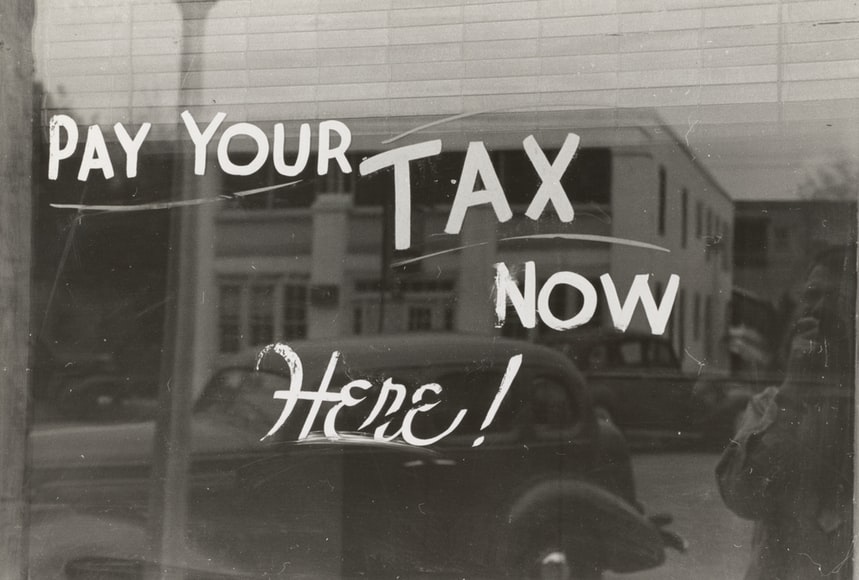What is the meaning of the sales tax?
Sales Tax is the name given to the tax levied on the sale and purchase of commodities inside the country of India. In addition to the purchase price of the item, this is an extra charge. By charging a fee on the buyer, the seller is able to deduct that fee from their final bill. A percentage of the product’s worth is charged to the customer at the time of purchase or exchange for particular commodities.

Both the federal and state governments charge a sales tax. On the basis of its tax policies, the Central Government makes the final decision. Depending on where you live, you may be subject to different state sales taxes.
There are several kinds of sales taxes.
Despite the fact that nations all over the world have their own distinct approaches to sales taxes, there are a few sorts of taxes that are common to almost all of them. They are as follows:
Wholesale Sales Tax is the name given to the tax placed on those involved in the wholesale distribution of commodities.
Some specified items are subject to Manufacturers’ Sales Tax, which is a tax levied by the manufacturer.
‘Retail Sales Tax’ refers to the tax applied on the retail sale of products and paid for directly by the ultimate customer.
Consumers who purchase items without paying sales taxes are subject to a use tax. In most cases, this is the case when things are purchased from sellers that aren’t subject to your state’s taxation laws.
In certain countries, the Value Added Tax (VAT) is an extra tax imposed on all purchases.
There is a VAT (Value Added Tax)
The Central Sales Tax Act, 1956, is the law that governs Indian policy on sales tax. Tax regulations that are binding on the sale and purchase of products, as well as central government sales taxes, are laid forth in this document. The state in which a product is bought is where the Central Sales Tax is paid.
The central sales tax
The Central Sales Tax Act includes the aspects listed below.
Rules for the selling and purchase of products are laid down.
Items that are particularly significant in international trade are included.
Specifies rules for tax collection, collecting, and distribution resulting from interstate commerce.
Resolves all problems arising from interstate commerce.
Taxes levied by the state government
States in India have the authority to set their own sales tax laws, based on their own financial needs. This helps to understand why state sales taxes differ. Manufacturers, dealers, and sellers are the three broad categories into which states group firms that engage in the selling of products. To be able to function lawfully, each of them need a certificate.
Exemptions from the sales tax
There are a number of items that are excluded from the state sales tax for a number of reasons, including avoiding double taxation and humanitarian concerns.
The list of things that have been exempted by the state government includes particular items.
Licensed resale items purchased from authorised dealers.
Products intended for charitable organisations or educational institutions, such as colleges and universities, are
Calculation of Sales Tax
A simple formula may be used to determine the relevant sales tax rate for a certain item:
Cost of the item x Sales tax rate = Total Sales Tax.
While the procedure is straightforward, the following factors must be taken into account when computing sales tax on products sold or manufactured:
Consider the state and city in where the manufacturer or seller is located, since the sales tax rate might vary from state to state.
Violations of the sales tax
Some of the most prevalent breaches should be known by manufacturers and merchants in order to avoid committing them. These include:
The CST form is incomplete or inaccurate due to incorrect information being entered.
Failure to meet the requirements of the CST Act.
Not adhering to the CST Act’s security requirements
Products purchased at a bargain may be stolen.
Making a bogus identity known throughout the registration process
Trying to collect sales tax without being properly registered
presenting erroneous or fraudulent information about the products you have bought
Committees that Make Up The CBDT
It is the responsibility of the Central Board of Direct Taxes (CBDT) to collect and impose the sales tax in India. As a component of the Department of Revenue, it operates as required by the Central Board of Revenue Act, 1963, which is a part of the Ministry of Finance.
Members of the Central Board of Direct Taxes are assigned tasks in many areas, including Income Tax, Revenue, Investigations, Legislation and Computerization, Personnel and Vigilance, and Audit. The Chairman of the governing body is in charge of the organisation.
The following are the responsibilities of the Central Board of Direct Taxes:
Create tax rules that affect the collection of direct taxes.
In conjunction with the Income Tax Department, supervise the administration of direct tax legislation.
Tax evasion complaints and disputes are investigated by this department.






